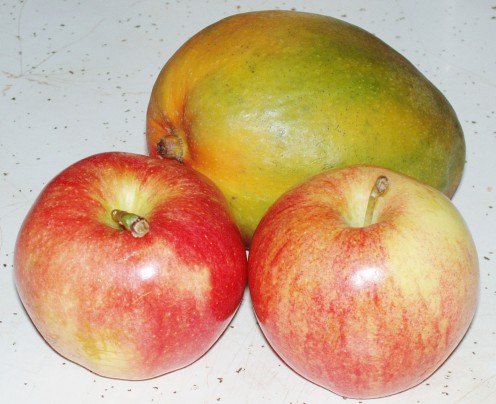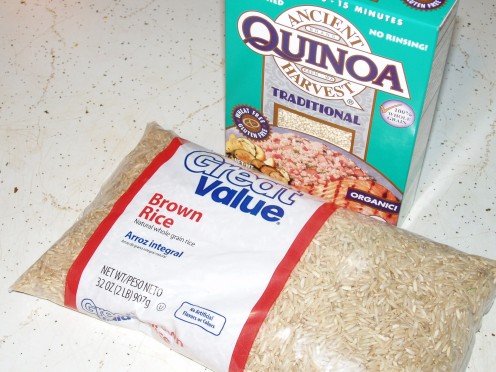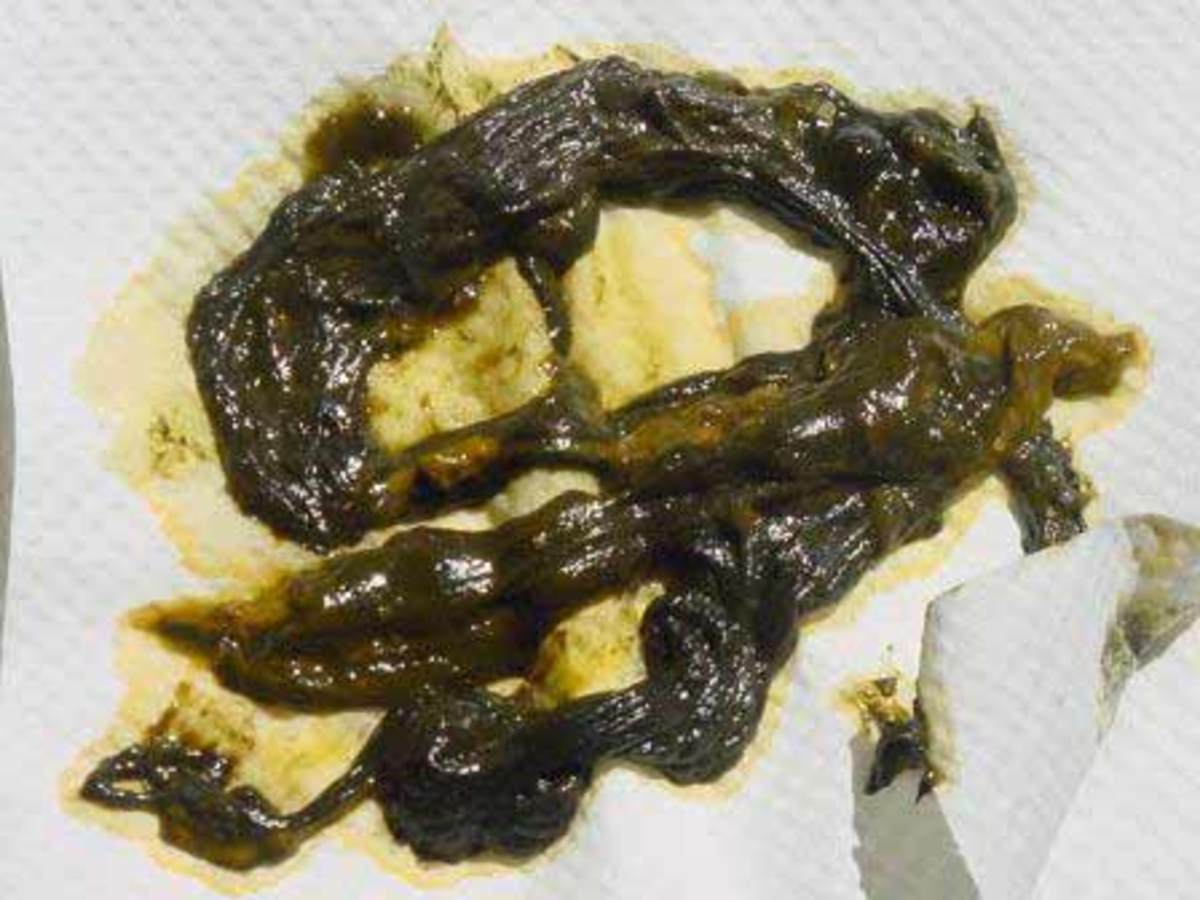The Whole Foods Plant Based Diet: Vegans and Vegetarians

Vegetarian Vs. Vegan
Vegan and vegetarian diets have become more mainstream in recent years, for a number of reasons. There are a number of health benefits, although many people consider the vegan and vegetarian diets for ethical reasons. But what's the difference between vegans and vegetarians?
A vegetarian is someone who excludes meat (red meat, poultry and seafood) and who may or may not include eggs, and/or other dairy products in their diet. However, their primary caloric intake comes from fruits, vegetables, legumes, nuts, and grains.
There are several different types of vegetarians:
- Ovo-vegetarians include eggs in their diet but not dairy
- Lacto-vegetarians will consume dairy products but not eggs
- Ovo-lacto vegetarians eat both eggs and dairy products
There are also semi-vegetarians who include fish and poultry in their diet, and Pescetarians who eat only fish and vegetables, no red meat or pork.
Vegans excludes all animal products including eggs, dairy, and even honey as well as leather products including clothing, accessories and furniture.
Vegan Research
There are a number of documentaries on plant-based diets:
- Forks Over Knives
- Fat, Sick and Nearly Dead
- Killer at Large
- Food Matters
- Engine 2 Kitchen Rescue
All of these documentaries have one thing in common: they discuss the benefits of eating vegetables and abstaining from meat, sugar and other processed foods.
Interestingly, all of these things are regulated by the government, which has a large financial interest in meat, dairy and processed foods. It all comes down to money.

Physicians are no exception. How many medical doctors do you know recommend nutritional supplements? I know only one, and he’s currently my family physician.
In the USA, less than six percent of graduating physicians receive any formal training on nutrition (stats based on information in the documentary FoodMatters). Medical doctors treat disease with prescription medications, but what exactly are these medications treating?
Recommended Websites
The film Forks Over Knives interviews two doctors, Dr. Caldwell Esselstyn and Dr. T. Colin Campbell, and discusses their groundbreaking research on the association between disease and animal protein consumption.
Both of these doctors found that the animal protein, casein, was the main contributing factor in almost all types of cancer.
Dr. Campbell is the author of the popular book The China Study in which he found those who ate the most animal protein, were the most likely to be afflicted with liver cancer and other chronic diseases such as diabetes and heart disease. He also found that synthetic chemicals in our environment and food were not the main cause of cancer.
Side Effects of Animal Protein & the Benefit of a Whole Foods Plant Based Diet
Animal products also lead to chronic fatigue. Here’s why: meat and dairy products are extremely difficult for the body to digest. They stay in your digestive tract for long periods of time, up to 72 hours.
So, the steak you ate last night? You’ll be digesting that for the next three days, along with everything else you consume. Think about how much energy your body is expending on just digesting that steak. It’s an enormous amount that could be put to better use, say fighting viruses or bacteria.
On the other hand, plant-based products are very easy for the body to break down. In fact, plant materials only stay in the digestive tract for, at most, 24 hours. This allows the body to use all that extra energy for everything else.
Animal Products and Osteoporosis
Dr. Esselstyn’s research found that consumption of animal products does more than just contribute to heart disease.
Osteoporosis and osteoarthritis are beginning to run rampant through the population, in turn we are told to prevent the disease we need a higher calcium intake. What you aren’t told is that drinking cow’s milk or eating dairy and meat products creates an acidic pH in the body.
In order to neutralize this acidic state, the body strips calcium from the bones and absorbs it into the blood stream. The more milk you drink, the more calcium is stripped, leading to osteoporosis and osteoarthritis.
Heart Disease is Reversible
The research these doctors performed has also shown that eating a strictly whole foods plant based diet can reverse heart disease. Endothelial cells in the walls of arteries and veins become damaged and destroyed by eating meat, and processed foods.
Animal products clog arteries and cause strokes among other things because of the cholesterol they contain. While cholesterol is necessary for life, the body produces its own. Vegetables and fruits have zero cholesterol.
Eating veggies allows the body’s healing mechanism to kick in and repair damage to the walls of arteries and veins. Dr. Esselstyn, a cardiologist, found eating a whole foods plant based diet can halt and actually reverse heart disease, eliminating the need for expensive and dangerous surgeries such as bypasses and stents.
If the only thing stopping you from becoming a vegetarian or vegan is not getting enough protein, this truly is a myth. EVERYTHING is made of proteins.
Proteins are long chains of amino acids, and amino acids are the building blocks of life. Everything contains them. You don’t need to consume any animal products just to get enough protein.
The only thing veggies don’t have is vitamin B12, which is easily supplemented with a vitamin or by eating fortified foods, such as fortified cereals and soy products.
If you’re thinking about going vegetarian or vegan, I recommend a few books that really made a difference for me. The Happy Herbivore, Engine 2 diet, and Forks Over Knives (available also on DVD). Below is a list of helpful websites dedicated to a whole foods plant based diet.
This content is for informational purposes only and does not substitute for formal and individualized diagnosis, prognosis, treatment, prescription, and/or dietary advice from a licensed medical professional. Do not stop or alter your current course of treatment. If pregnant or nursing, consult with a qualified provider on an individual basis. Seek immediate help if you are experiencing a medical emergency.
© 2012 Mel Flagg COA, CPT, CHC, CNC








